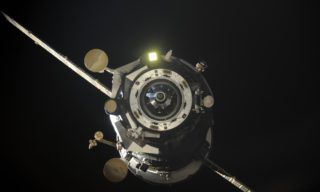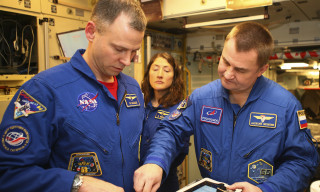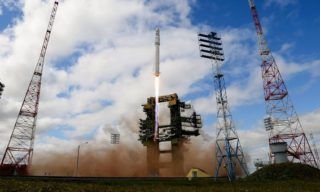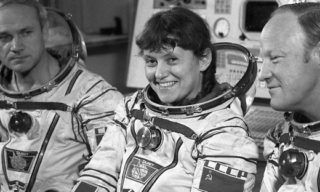Creating the next generation manned transport vehicle special attention is paid to its ergonomics. This was said on Friday to ITAR-TASS corr. by the Head of RSC “Energia” Vitaly Lopota, commenting Roscosmos cosmonaut Oleg Novitsky, who said that American cargo vehicle “Dragon” is bigger and more comfortable than Russian spacecrafts.
“Concerning the next generation manned transport vehicle and its possible cargo versions, as well as the other projects of the manned space vehicles, ergonomics is the most important thing,” – said Head of RSC “Energia”. According to him, the next generation spacecraft (TPK NP) technical design phase is now completed and the examination is conducted. “I think it will be completed in few months, and the project will enter into the next stage of design and production of the first prototype,” – said Lopota.
In our nowadays space vehicles ergonomics issue is also very important, he said. “Taking into account, if possible, all the wishes of astronauts” – stressed the Head of RSC “Energia”.
According to Vitaly Lopota, Russian modern spacecrafts have rather different history than the “Dragon”, which imposes certain limitations on the performance of modern wishes and requirements for ergonomics. “In particular, the volume and layout of the compartments are different from the” Dragon’s “, – he explained.
As the Head of RSC “Energia” told – The modernization of our domestic manned and cargo vehicles evolutionarily was connected with improvement of the equipment, more update devices and equipment were installed, but the shape and size have never been radically changed. “This is due to the fact that the technology of the manned spacecraft must be checked and tested, it’ work must be reliable and clear for the crew, including the experience of previous space flights” – said Lopota.
Source: novosti-kosmonavtiki.ru



















